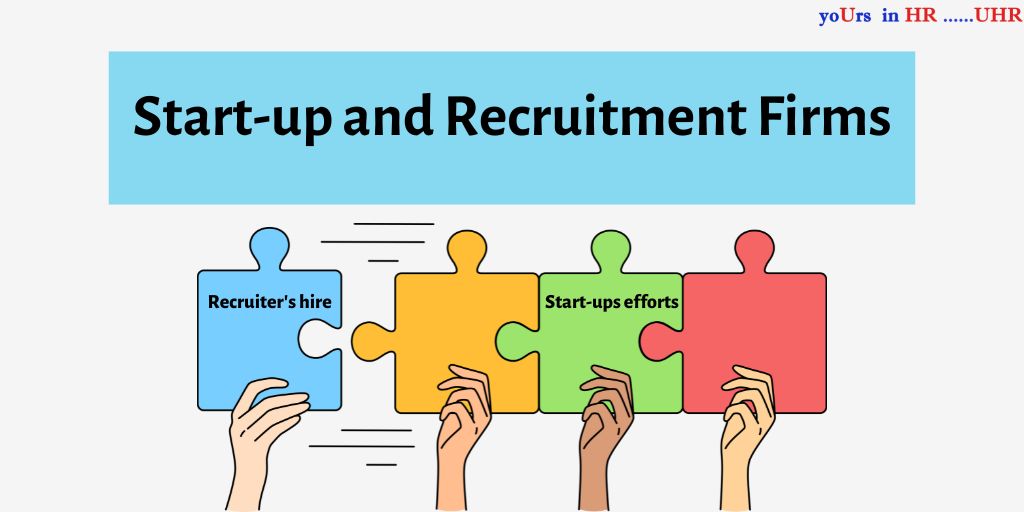
Job postings and advertisements about openings help companies to do exactly what the words suggest- advertise that they are hiring and applications are welcome. But is it a good idea to approach a company that hasn’t advertised that they are looking? Would that mean that there’s no chance of getting a job there even if you got in touch with them?
Many candidates may have thought of approaching companies that they have always dreamed of working at but may be hesitant because of an absence of advertisement. Does approaching them still work? Is it a good idea? Let us quickly delve into this!
There’s No Harm:
The straight answer is this: there is no great harm in reaching out to the company, via mail or LinkedIn. The most that might happen is that you don’t get a response. There’s nothing to lose as such. On the contrary, if your approach is compelling enough, you might get on the company’s radar (in a good way) and they might consider your ‘application’ if there’s a relevant opening in the future.
But as mentioned, the approach has to be compelling enough. Many companies do get emails and enquiries about potential job openings even without them advertising, so it’s crucial that the way you approach them is memorable. You don’t want your message or email to get buried in deluge of enquiries.
How to do it Right:
Say, you want to approach a company but maybe not directly ask if they are hiring, but you wish to show interest in working there. Or maybe, you are feeling adventurous and you simply want to take that leap of faith by asking them directly that if there’s any chance that a position might be available. Whichever of the two approaches you take, you need to be very specific.
- One way, is to email them directly, telling them why you are emailing, let them know that although there isn’t any opening declared, you are laying out your introductions, experience, skills and qualifications, and what you can offer to the company, in their present setting. You can look up a few of their ongoing projects on their LinkedIn page or their website, and describe how you’d be able to contribute in those. You can provide examples of your own work to further make your point. Don’t forget to link your resume in the email!
- Another way, is to find the right person who is responsible for hiring for the company (most likely a recruiter) and get in touch with them. A slightly less direct approach, here you show interest about the industry in general by asking very specific questions. No matter how good of a candidate you might be, a recruiter may or may not be able to straight away create a position that doesn’t really exist at the company but they might be able to say ‘yes’ to certain questions. Instead of directly asking if their company is hiring, you may first establish a professional rapport with the relevant personnel, ask specific and informative questions about the industry, to let them know that you’d like their help to gain insight into it, and then let them know you’d be interested in working at their company if the opportunity arises.
In the age of talent crunch and skill-gaps, companies would welcome interest from candidates who genuinely want to make a difference. There’s no harm in reaching out for what you want, and you never know- the right approach may give you a pleasant surprise, even without any advertisement!




